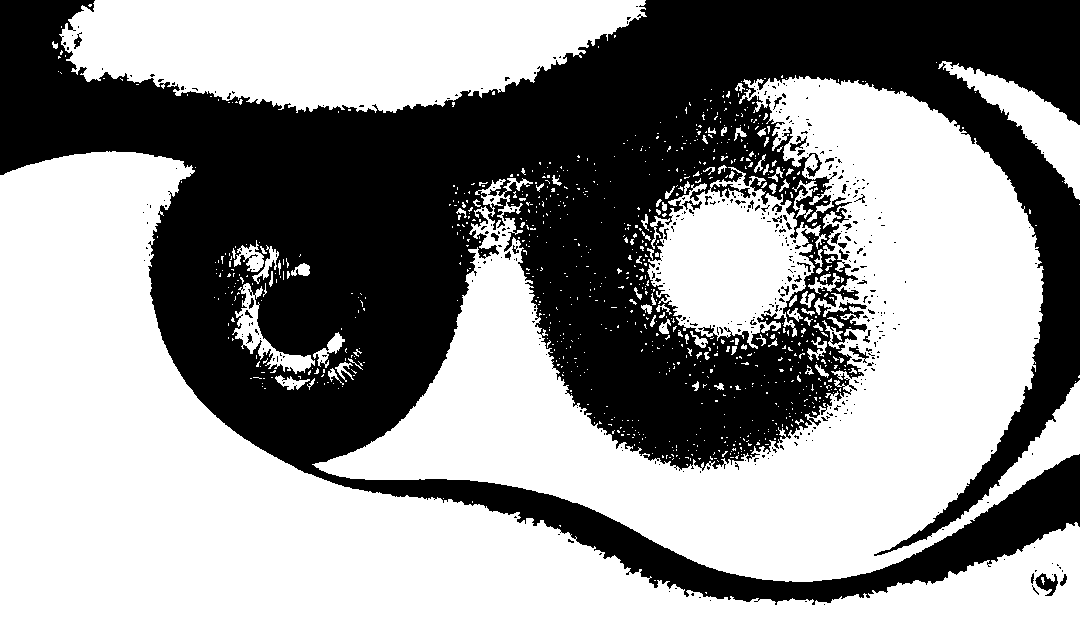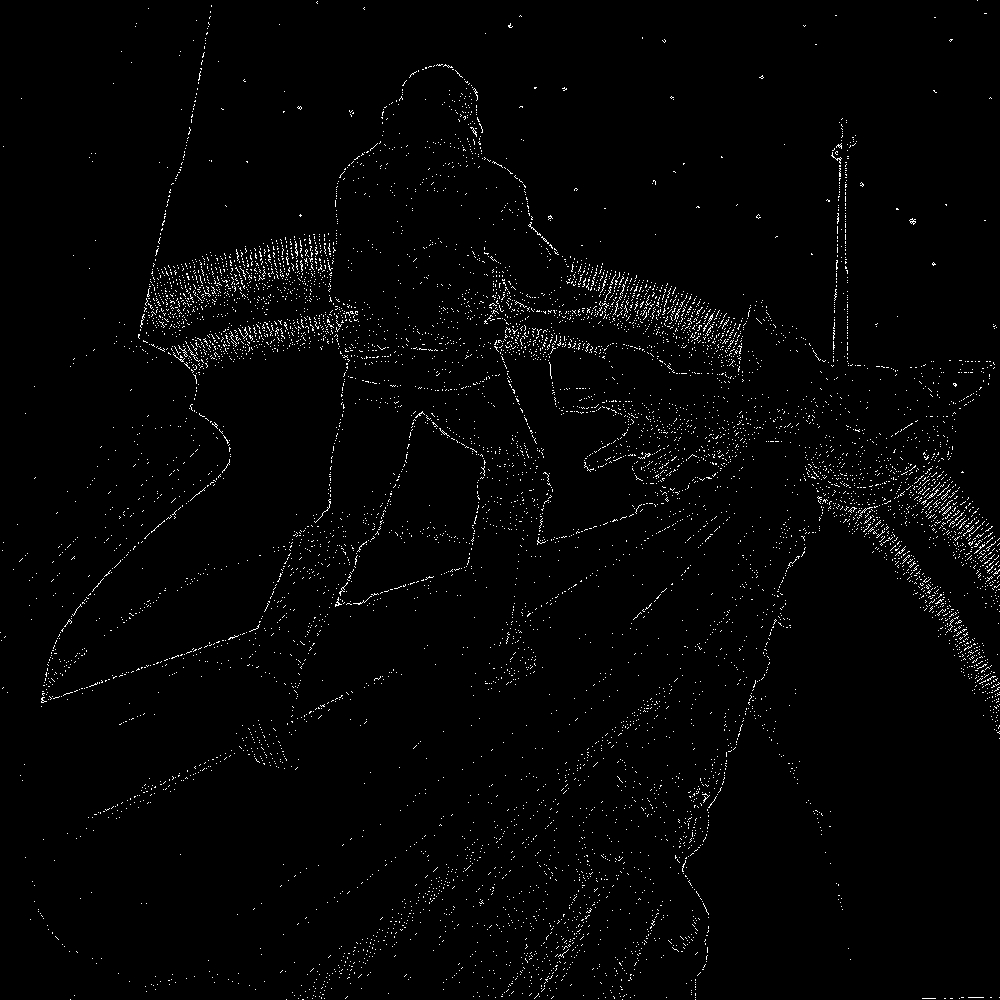Kia ora,
I was recently approached to write a piece for English in Aotearoa, the magazine of the New Zealand Association for the Teaching of English. Here is the piece, which may be featured in the next issue.
Whenever I look at the most commonly taught works of Māori literature, certain themes and subjects tend to emerge: serious takes on social issues, stories of cultural disconnect, cultural reconnection etc. These are all valid, of course: many of Aotearoa’s finest works fall into these categories.
I can’t help but feel, however, that there could be room for more Māori literature that is – to put it bluntly – just kind of ‘weird’?
With that in mind, here are texts that jump to mind!
‘STUDY IN BLACK AND WHITE’ / HONE TUWHARE
Whereas our collective focus on ‘No Ordinary Sun’ can make it seem like Hone Tuwhare was a wholly serious poet, ‘Study in Black and White’ is a poem that reminds its reader that surreal, silly subject matter was a large part his appeal. This is a poem about a penguin: The speaker’s friend returns from Antarctica with a penguin, which ends up living in the fridge and becomes a point of fascination – even near-deification – for visitors.
‘THE ZONE’ / PHIL KAWANA
‘The Zone’ by Phil Kawana is an obscure pick – fished out of a mid-90s volume of Sport – but it’s also one of the purest examples of speculative fiction by a Māori author. It does that thing that speculative fiction often does, where things and people are given elusive capitalised names: The Seeker, led by The Guide, travels through a hilly region called Outer in search of The Zone. Kawana deploys a repeating, looping structure as ‘The Zone’ turns its focus to questions of time and fate.
SYDNEY BRIDGE UPSIDE DOWN / DAVID BALLANTYNE
Sydney Bridge Upside Down by David Ballantyne is one of the true overlooked gems of Aotearoa literature – so much so that even Ballantyne’s status as the earliest known Māori novelist has been neglected. Those in the know, though, know that Sydney Bridge Upside Down is the real deal. The novel is a surreal coming-of-age story set in a rural New Zealand town ‘at the edge of the world’: It’s summer, and young Harry Baird is dealing with a missing mother, repressed desire for his cousin Caroline, and a series of grisly incidents in the town’s decaying slaughterhouse. The novel almost feels proto-Lynchian in a way, even in its fascination with the slaughterhouse’s dark industrial dreamscape. Perfect for those wanting something rural and dark, but not quite of this world.
‘BLINK’ / TINA MAKERETI
‘Blink’ by Tina Makereti is a paranoid alien-invasion (or not) story from Once Upon a Time in Aotearoa. With her usual black humour, Makereti spins an ambiguous narrative about a woman who spots a flaw in her seemingly-perfect new boyfriend: an extra set of translucent eyelids.
‘And when I see Jack, he just seems so real, so normal. Except that at night, when I’m alone, I can’t make it go away. Those extra eyelids, the reptilian flicker, as if another being is inside him. Watching.’
‘CHANGING’ / APIRANA TAYLOR
Part of the short story collection Ki Te Ao, ‘Changing’ by Apirana Taylor is one of the more bizarre pieces of local speculative fiction I’ve read: a micro short story set in a future where cis men can (and generally do) choose to give birth. The story is metafictional, said to be taken from the diary of Canon Rabbi Koro Moses Holdsworth, ‘the youngest minister of the new Rangi and Papa Congregation of Jesus Christ and Latter Day Saints’, who kills himself in the Porirua State Asylum. Over the course of ‘Changing’s two-and-a-half pages, Holdsworth criticises this future society and the fact that organised religion’s foundations have been irreparably shaken. Is this a satire on shifting gender roles? A satire on religious responses to shifting gender roles? Neither?
‘BYE BYE BILLY’ / APIRANA TAYLOR
And on that note, I might also shout out Taylor’s ‘Bye Bye Billy’, a short, scrappy little piece of parody from his first collection of stories. ‘Bye Bye Billy’ feels like an absurdly hyperbolic riff on paternalistic literature about Māori succumbing to vice:
‘Billy died at the age of twenty-eight, whilst driving a car feeling up a woman, drinking a bottle of whisky, smoking a joint, and reaching over to the back seat for a piece of chicken, as he was on his way to a game of cards.’
IN MY DARKLING UNIVERSE / TRU PARAHA
Tru Paraha’s in my darkling universe is one of the three chapbooks published in AUP New Poets 8, and without being reductive, it definitely fits the ‘weird’ bill. I’ve been a fan of Tru Paraha since the inclusion of the sprawling ‘Darknyss’ in Tātai Whetū: Seven Māori Women Poets in Translation. Paraha’s poetry dwells in this abstract subterranean place where subject matter and meaning never quite manifest, and I just love the technical, deep-space wordplay – not to mention the way in which poems expand and contract visually on the page.
‘1. as i turn you turn me onto
2. a cold, slow violence wrings the moon’s neck
3. everything in threes’
‘MY LIFE AS A TV’ / HONE IRVING
‘My Life as a TV’ by Hone Irving is a short story about a person who is a TV, until they decide to become a fish-tank. Irving’s three-page story falls into the odd grey area between figurative and literal imagery – it’s almost as if what starts as a half-considered simile (‘I felt today I’m a bit like a broken-down black and white TV’) spirals out of control and becomes reality (‘Black sucks. Although some fish survive in the dark, so do mushrooms, and they are full of shit’).
KURANGAITUKU / WHITI HEREAKA
Kurangaituku by Whiti Hereaka is definitely more mainstream than most other things here, but if you haven’t read this novel yet, you might not be aware of just how structurally and stylistically ambitious it is. Most obviously, you can choose to read the novel from either ‘end’, and there’s another section sandwiched in the middle for good measure. Kurangaituku feels indebted to the fluidity and adaptability of pre-colonial forms of oral storytelling: Bodies, landscapes and identities are in a constant state of flux. Although much of the novel feels ethereal and shifting, it is also grounded in grisly detail; bodies are cruelly dismantled as easily as they are dreamed into being – a dynamic that is amplified in the novel’s ‘dark side’, a twisting journey into Rarohenga. In a world where the mythological/historical ‘retelling’ has become somewhat tired, Kurangaituku pulses with possibilities.
‘BLUE HORSE OVERDRIVE’ / ANTHONY LAPWOOD
In Anthony Lapwood’s short story ‘Blue Horse Overdrive’, an up-and-coming musician is troubled by seemingly-random appearances of a mysterious blue horse:
‘I couldn’t explain the blue horse, the way it had seemed to manifest at the trembling edge of the wave of energy that rippled out from the stage. Not without sounding like I was half crazy – or maybe full crazy.’
This is one of those stories that lures you in with something that feels like a metaphor, but it never commits the sin of making it clear one way or the other.
LOST POSSESSIONS / KERI HULME
Keri Hulme’s Lost Possessions is often described as a novella, but to be honest it reads more like an extended narrative poem. Released shortly after the bone people, Lost Possessions focuses on a university professor who is mysteriously, and violently, kidnapped and imprisoned. Like a lot of Hulme’s work, this seems to invite interpretation, and there’s a real sense of play in how seemingly disparate elements come together. I always think so much of Hulme’s work is about language itself, and this one seems to be, at least on some level, about writing. A man is placed into a prison that he is powerless to escape, so he turns to writing, and ultimately his words are passed on to unknown readers who will do what they will with his work. The novella ends with the suggestion that the protagonist’s writing has been found and deemed to be a student prank – maybe it is?







Love this Jordan, definitely going to be checking these out!
Wow, some awesome recommendations there!!!